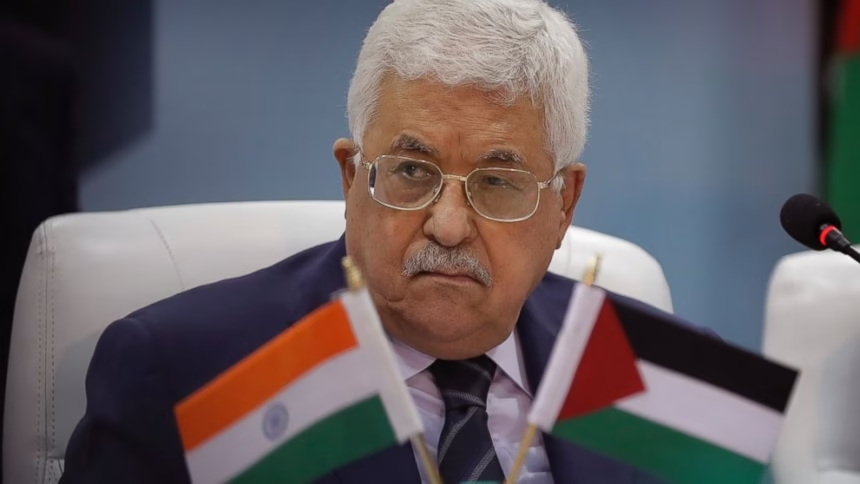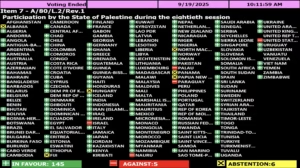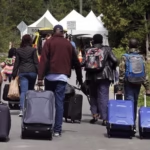Haiti’s delegation voted in favor of a United Nations resolution permitting Palestinian Authority President Mahmoud Abbas to deliver his speech during the 80th General Assembly next week by video.
The resolution was introduced after the United States decided to revoke the visa of President Abbas and 80 other members of the Palestinian government.
Adopted with 145 votes in favor, 5 against, and 6 abstentions, the measure authorizes “the State of Palestine to submit a prerecorded statement of its President, which will be played in the General Assembly Hall.”
Israel, Nauru, Palau, Paraguay, and the United States voted against, while Albania, Fiji, Hungary, North Macedonia, Panama, and Papua New Guinea abstained. All other member states approved the resolution.
The United States and Israel did everything possible to prevent the Palestinian Authority president from addressing the world’s largest stage for global leaders.
Meanwhile, an increasing number of countries — including France, Spain, and South Africa — are pushing for formal recognition of the Palestinian state. They intend to present a resolution to that effect during the upcoming UN General Assembly, a move denounced by the Trump administration and the Israeli prime minister.
The vote followed Ramallah’s official request to Washington to reinstate Abbas’s visa so that he could lead the Palestinian delegation and deliver his address in person before world leaders, Al Jazeera reported.
“This is a very unusual situation,” said James Bays, diplomatic editor for Al Jazeera reporting from New York. “All leaders come to the UNGA to deliver their speeches. This time, Mahmoud Abbas was denied a visa — an exceptional decision that reflects a major political tension.”
According to Bays, the overwhelming vote in favor of a video address by Abbas constituted “a reflection of international opinion on Palestine and Gaza” and demonstrated “that very few countries are backing the position of Israel and the United States.”
Legality of US Refusal Challenged
Several diplomats and UN officials argue that the US decision violates the Host Country Agreement, which obliges the United States, as host of the UN headquarters, to allow heads of state and government access to annual meetings.
The Trump administration has previously faced criticism for imposing similar restrictions at earlier sessions, but the mass revocation of visas for Palestinian officials is unprecedented.
The decision comes as Israel’s war against Palestinians in the Gaza Strip continues to draw mounting international condemnation.
According to local health authorities, at least 65,141 people have been killed and 165,925 injured since hostilities began in October 2023, with thousands more believed to remain buried under rubble.
At the same time, escalating violence by Israeli settlers and military forces in the occupied West Bank has intensified pressure on Washington, accused of shielding Israel from binding UN resolutions.
In response, a growing number of countries — particularly in Europe — have announced plans to support recognition of the State of Palestine during the September UN debates.
The General Debate is set to open Tuesday, following a summit hosted Monday by France and Saudi Arabia aimed at reviving prospects for a two-state solution. Gaza is expected to dominate discussions.
“Gaza is issue number one at the General Assembly,” Bays emphasized.
The US decision to block Abbas risks fueling diplomatic divisions and amplifying international calls for recognition of Palestine.
https://ctninfo.com/?p=36985&preview=true
https://www.facebook.com/CaribbeanNewsMedia








